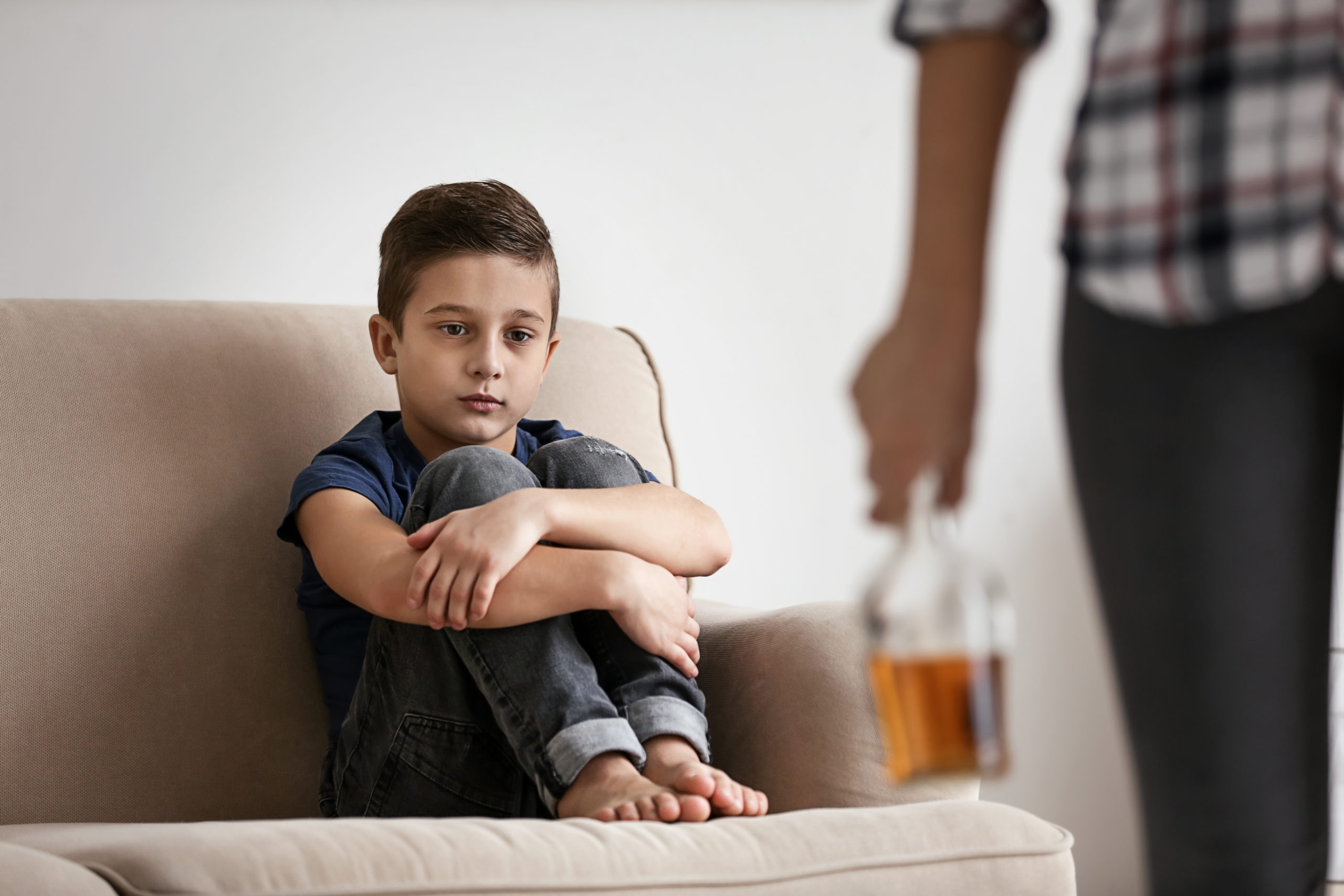This week, The Guardian website published an interesting article about a phenomenon that mainstream America has yet to latch on to. That would be “Secondhand Drinking” or the collateral damage that beer, wine and spirits can have on people connected to an alcoholic.
It is interesting because secondhand smoke is universally accepted as a problem (which is part of the reason why cigarettes are much less prominent than in generations’ past). But the ripple effect of drinking is less clearly defined. Guardian author Paula Cocozza, however, makes a strong case for recognizing the damage.
So what exactly is secondhand drinking? Think of a person whose life was taken away by a drunk driver. Or a baby born with fetal alcohol syndrome. These are all aftereffects of abusing the bottle (and there are plenty more examples than that).
And interestingly enough, many make the case that secondhand drinking is more dangerous than secondhand smoke. Developing lung cancer from another’s cigarette fumes can take years. But with something like a fatal DUI crash, several lives can be lost in an instant.
Alcohol Health Alliance chair Ian Gilmore was quoted in the piece, urging politicians and legislators to recognize the victims of secondhand drinking.
“Secondhand smoking really changed public opinion and paved the way for legislation to make bars and public places smoke-free,” Gilmore explained on the site. “There is undoubtedly harm from secondhand smoke, but the range and magnitude of harms is likely to be even greater from alcohol.”
The article goes on to describe the mental health struggles that accompany secondhand drinking. For instance, if you grew in a household with an alcoholic parent who either abused you or perhaps passed away at an early age, your grief and trauma could easily be associated with this issue.
Even those who chronically drink themselves because of exposure to an alcoholic parent are classified in the “secondhand” vein. The bottom line is, addictions of this kind impact countless people along the way.
The article ultimately concludes with a call out to anyone who finds themselves abusing the bottle. Alcoholics often make the excuse that this is their choice and they are only doing damage to themselves. Well clearly we all know that isn’t the case and it is important to emphasize that fact. If those who drink truly understood the magnitude and scope of their problem, perhaps it would be an additional motivator for treatment.

Sad little boy and blurred woman with bottle of alcohol indoors






